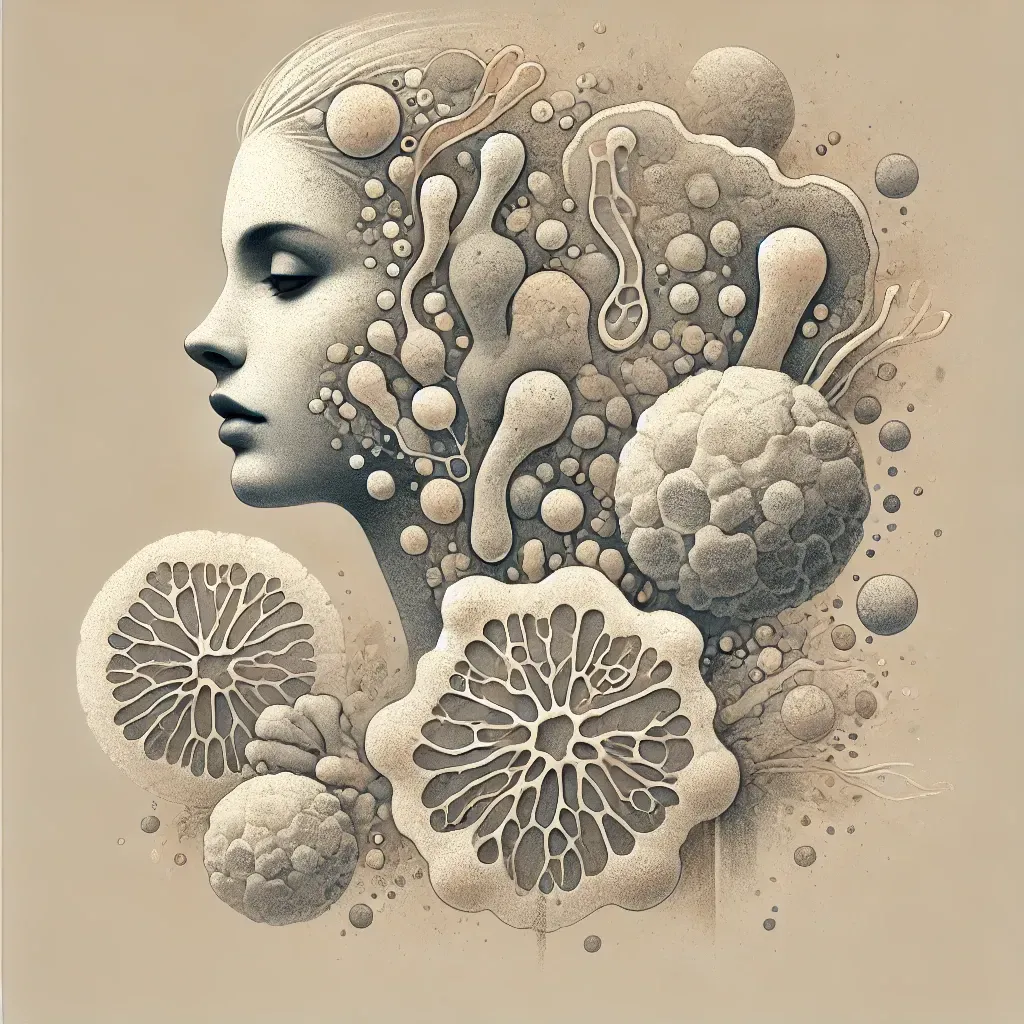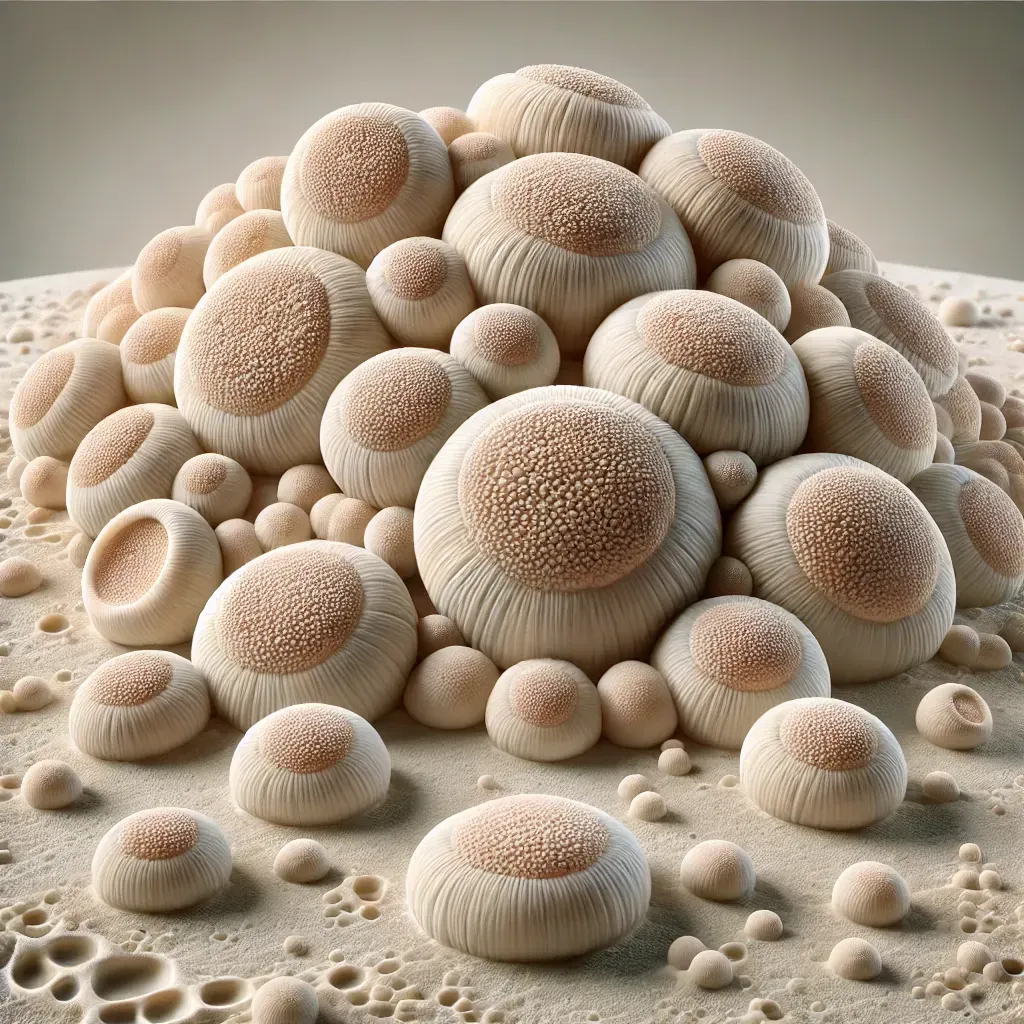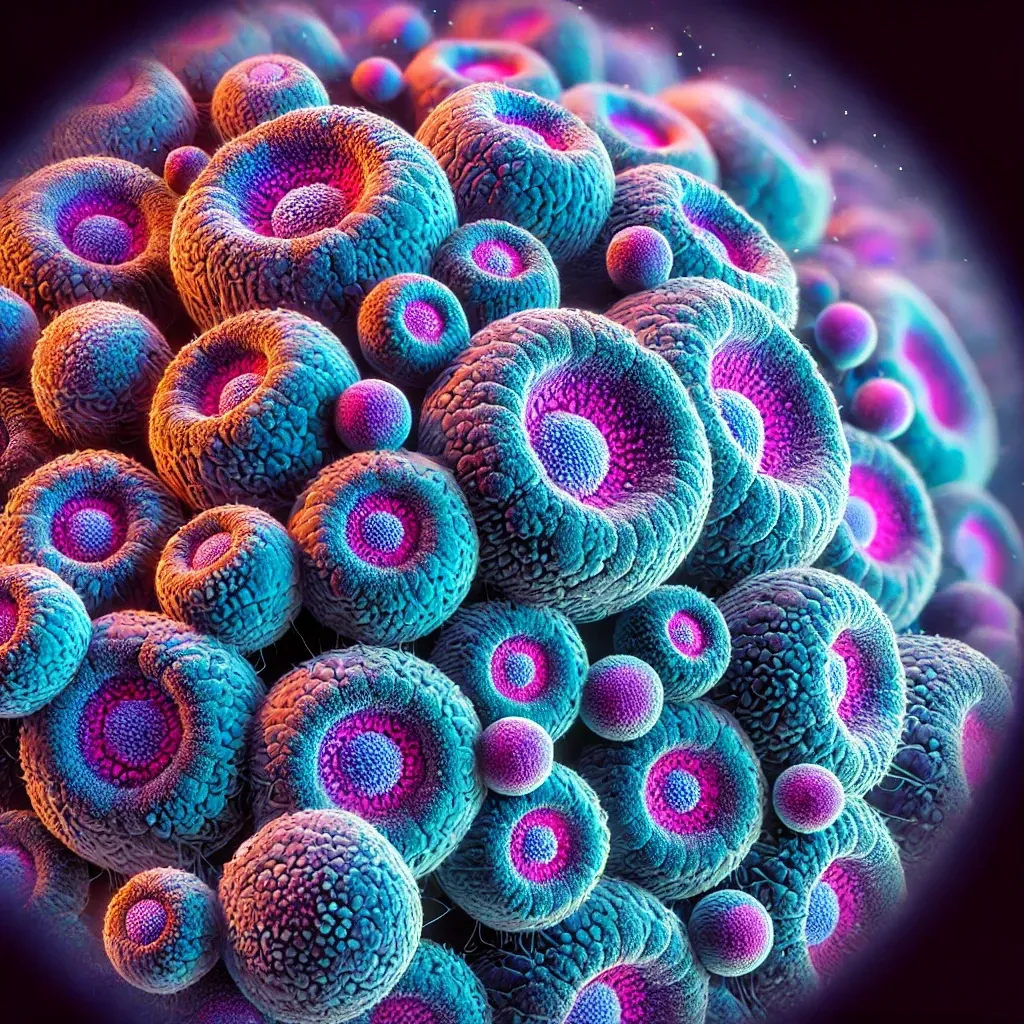Can Stress Cause Depression?
Short Answer: Yes.
Chronic stress has long been associated with depression, but it is not always a precursor or a symptom. An individual can be subjected to chronic stress and not develop depression, and likewise a depressed individual might not feel chronic stress but still have depression symptoms. A new study published by The Journal of Neuroscience [1] on December 2, 2019 sheds some light on this phenomenon.
A team of scientists, led by Nandkishore Prakash, hypothesized that the number of serotonin neurons in the serotonergic system of the brain (which is influenced by stress and reward stimuli) could play a role anhedonia. Anhedonia, saddling right up there with depression, is the inability to feel pleasure, even when experiencing normally enjoyable activities.
Prakash and team first trained a group of rats to activate an electrode that elicited a reward response. Once the study began, the rats were exposed to social stress once per day, then given access to the self-stimulation electrode 15 minutes later. The researchers noted that stress significantly increased the amount of self-stimulation required to feel pleasure in some rats, but for others there was little to no effect to exposure to stress.
In measuring brain activity of the rats, Prakash’s team discovered the anhedonia-prone rats had more serotonin receptors than the resilient rats. Prakash then activated neurons in the central amygdala, and the affected rats became more resilient to stress.
This study is good news for people experiencing depression. Researchers are beginning to understand how stress can affect mood via the mechanisms present or not present in the brain. Hopefully, with further research, treatments can be developed to aid individuals with depression.
If depression is something you struggle with, sign up for a
Health Discovery Session with me. I will listen to you and we’ll get you started on a plan that is individualized to your specific needs. Skeptical? Read
Theresa’s story. Functional medicine can change your life, and I want to partner in your health journey with you.
Sources:
- Nandkishore Prakash, Christiana J. Stark, Maria N. Keisler, Lily Luo, Andre Der-Avakian, Davide Dulcis. Serotonergic plasticity in the dorsal raphe nucleus characterizes susceptibility and resilience to anhedonia. The Journal of Neuroscience, 2019; 1802-19 DOI: 10.1523/JNEUROSCI.1802-19.2019. https://www.jneurosci.org/content/early/2019/11/28/JNEUROSCI.1802-19.2019
Don't Miss Out!

Heidi Toy Functional Medicine Blog






















































































